Moscow’s vibrant gastronomic scene has blossomed remarkably over the past few decades. The city has transformed from a place of Soviet scarcity to a dynamic culinary hub. This evolution has spurred a significant growth in food education. From aspiring professional chefs to passionate home cooks, a diverse array of Moscow culinary schools and cooking classes now cater to every level of interest and ambition. These institutions are not merely teaching recipes; they are shaping tastes, fostering creativity, and contributing to the capital’s ever-expanding food culture.
The Rise of Moscow’s Culinary Scene
The transformation of Moscow’s culinary landscape began in earnest after the collapse of the Soviet Union. The city shifted from a state-controlled food industry to a burgeoning market economy. This allowed for the influx of international ingredients, cuisines, and restaurant concepts. Consequently, a new generation of restaurateurs and chefs emerged. They quickly propelled Moscow onto the global gastronomic map.
This rapid development created a demand for skilled culinary professionals. It also ignited a widespread interest among the general public in cooking and food appreciation. Both factors laid the groundwork for the expansion of food education Moscow now offers. The city’s appetite for diverse flavors and high-quality dining experiences continues to grow. This, in turn, fuels the demand for specialized culinary training.
For the Aspiring Professional: Serious Culinary Education
For individuals dreaming of a career in the kitchen or the broader food industry, Moscow provides increasingly sophisticated options. Professional Moscow culinary schools offer comprehensive programs designed to equip students with foundational skills and advanced techniques. These academies often blend practical, hands-on training with theoretical knowledge. This includes topics like food safety, kitchen management, menu development, and the history of gastronomy.
Students learn everything from classical French patisserie to modern Russian cuisine. They also gain expertise in Asian culinary arts. Many programs culminate in diplomas or certifications, recognized within the industry. Furthermore, these schools frequently foster strong connections with Moscow’s leading restaurants and hotels. This provides valuable internship and employment opportunities for their graduates. Aspiring chefs, restaurateurs, and food industry professionals therefore find a fertile ground for their ambitions in Moscow.
For the Enthusiast: Engaging Cooking Classes
Beyond professional training, the market for amateur Moscow cooking classes has boomed. These classes cater to a wide audience. They appeal to busy professionals seeking a new hobby, tourists wanting a cultural experience, or simply individuals looking to expand their culinary repertoire. These classes are typically hands-on. They emphasize a fun and social learning environment.
The offerings are incredibly diverse. Participants can learn to prepare traditional Russian dishes like borscht, pelmeni, or blini. Alternatively, they can delve into international cuisines, mastering the art of Italian pasta, French pastries, Asian stir-fries, or sushi. Many studios also offer specialized workshops on bread baking, cheesemaking, or chocolate artistry. These classes are not just about cooking. They are about experiencing food, sharing a meal, and connecting with others who share a passion for gastronomy. This makes them a popular leisure activity.
Specialized Gastronomic Education
Moscow’s food education scene extends far beyond general cooking. A growing number of specialized programs cater to niche interests within the gastronomic world. For instance, sommelier courses teach the intricacies of wine tasting, pairing, and cellar management. Barista training programs instruct on coffee brewing techniques and latte art. Mixology workshops explore the science and art of cocktail creation.
Beyond beverages, there are workshops focusing on specific culinary arts. These include food photography for aspiring food bloggers or social media influencers. There are also courses on culinary writing for those interested in food journalism. A significant trend involves health and wellness-focused classes. These teach dietary cooking, vegetarian, vegan, or gluten-free meal preparation. Such specialized gastronomy courses Moscow offers reflect the evolving sophistication of the city’s food culture. They cater to a population increasingly aware of diverse dietary needs and lifestyle choices.
Trends and Innovation in Moscow’s Food Education
Innovation is a hallmark of Moscow culinary schools. Several key trends are shaping the future of food education in the capital. The “farm-to-table” movement, for instance, has gained traction. This emphasizes the use of fresh, seasonal, and locally sourced ingredients. Culinary programs increasingly incorporate lessons on sustainable cooking practices. They also promote understanding the provenance of food.
Fusion cuisine workshops also reflect Moscow’s global outlook. Chefs teach how to creatively blend elements from different culinary traditions. Furthermore, the rise of online learning and hybrid formats provides greater accessibility. This enables more people to participate in food education regardless of their schedule or location. Celebrity chefs and renowned restaurateurs also frequently offer masterclasses. These provide unique opportunities to learn from industry leaders. This makes food education Moscow offers truly world-class.
The Role of Renowned Chefs and Food Personalities
Many of Moscow’s leading restaurateurs and celebrity chefs have opened their own culinary studios or lend their names to educational initiatives. This direct involvement elevates the quality and prestige of the programs. It also provides students with unparalleled access to industry insights and real-world experience. These chefs often share their personal philosophies on cooking, their experiences in running successful restaurants, and their visions for the future of gastronomy.
Visiting international chefs also contribute significantly. They conduct masterclasses that introduce Muscovites to global culinary trends and techniques. This exchange of knowledge fosters a dynamic and internationally informed culinary community in Moscow. Thus, the city’s food education scene benefits immensely from the active participation of its culinary elite.
The Future of Food Education in Moscow
The future of food education in Moscow appears bright. The continued growth of the city’s restaurant scene, combined with a persistent public appetite for culinary knowledge, ensures ongoing demand. As Moscow further solidifies its position as a global capital, its culinary academies Moscow hosts are likely to attract more international students. They will also increasingly partner with renowned institutions worldwide.
This expansion will not only benefit individual learners. It will also elevate the city’s overall dining landscape. A more educated and skilled culinary workforce will drive innovation and excellence in restaurants, cafes, and food businesses. Moscow is poised to become a regional leader in gastronomic education, influencing culinary trends far beyond its borders.
In conclusion, Moscow’s culinary schools and food education programs represent a dynamic and essential component of the city’s thriving gastronomic culture. From rigorous professional training to engaging amateur classes and specialized workshops, they cater to a diverse audience. They continue to shape the palates and skills of both aspiring chefs and everyday food enthusiasts. The robust and evolving landscape of Moscow culinary schools firmly establishes the capital as a significant center for culinary learning in the modern world.

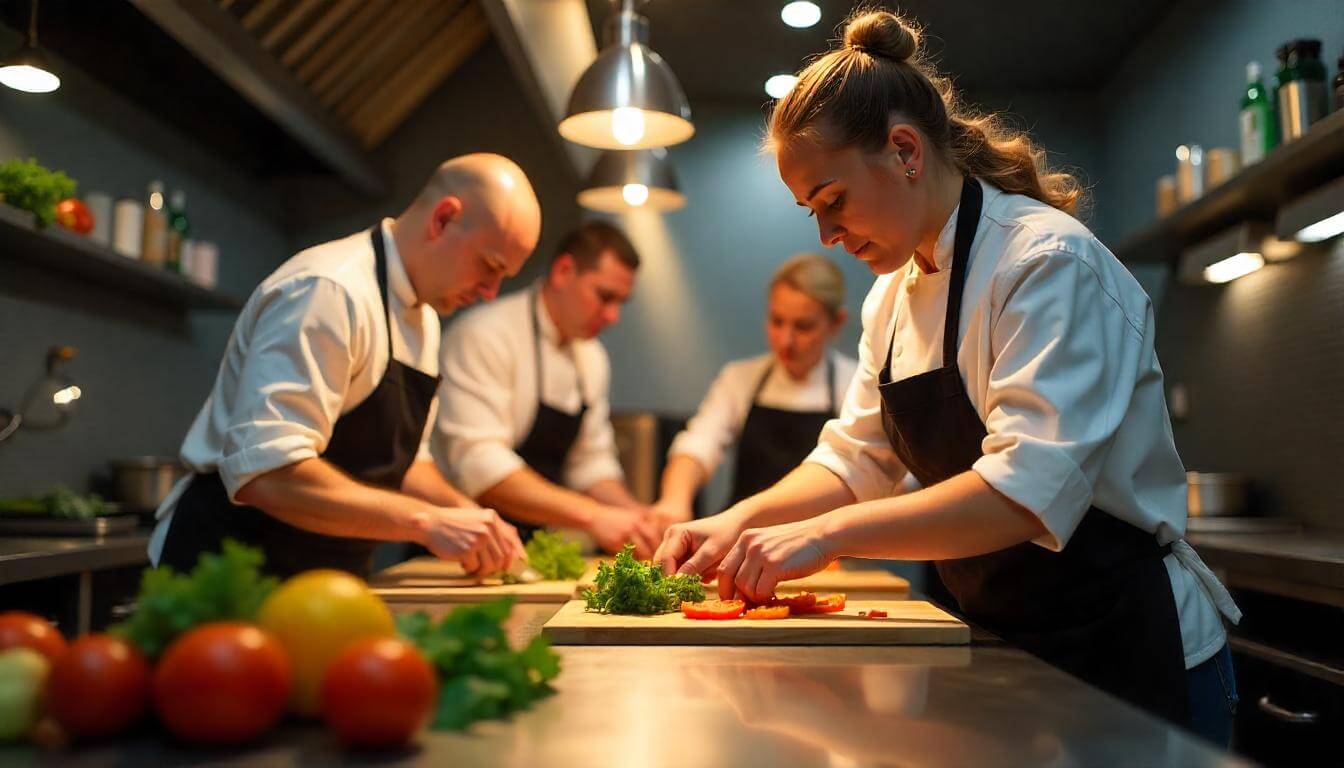 Moscow’s Culinary Schools: Cooking Classes and Food Education">
Moscow’s Culinary Schools: Cooking Classes and Food Education">

 Segredos Locais: Onde os Moscovitas Comem e Relaxam em 2025">
Segredos Locais: Onde os Moscovitas Comem e Relaxam em 2025">
 Os Melhores Spots de Piquenique de Moscovo no Verão">
Os Melhores Spots de Piquenique de Moscovo no Verão">
 Explorando a Cultura do Café de Moscovo: Onde Encontrar as Melhores Bebidas">
Explorando a Cultura do Café de Moscovo: Onde Encontrar as Melhores Bebidas">
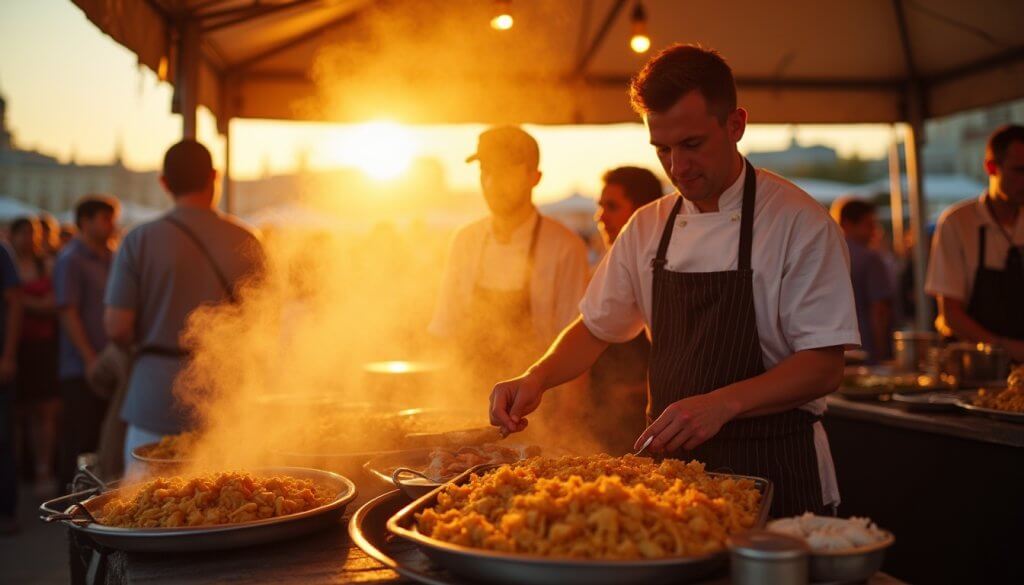 A Guide to Moscow’s Pop-Up Events and Temporary Exhibits">
A Guide to Moscow’s Pop-Up Events and Temporary Exhibits">
 Guia de Moeda e Pagamento: Gerir o Dinheiro Durante a Sua Visita a Moscovo">
Guia de Moeda e Pagamento: Gerir o Dinheiro Durante a Sua Visita a Moscovo">
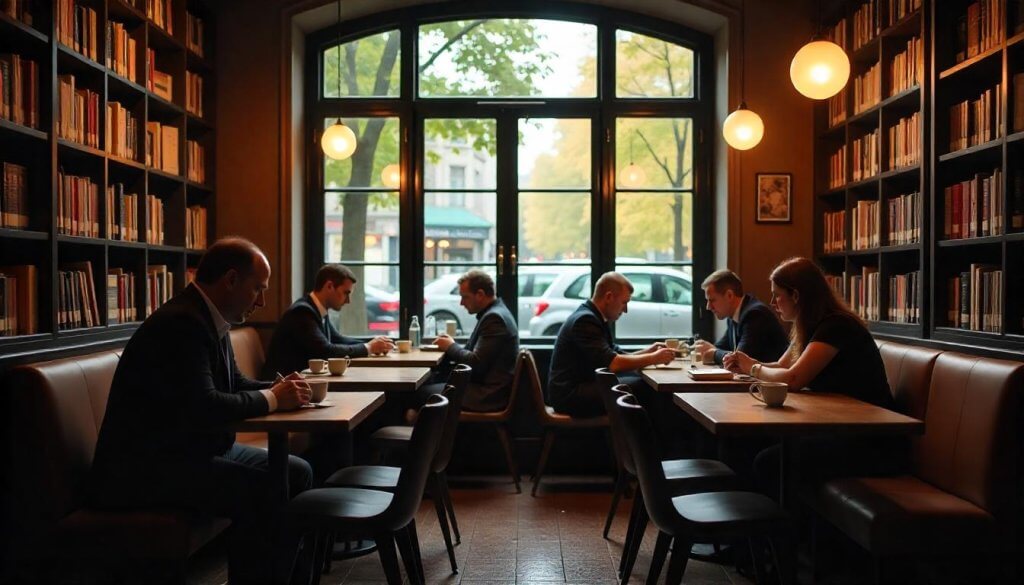 How to Plan a Rainy Day in Moscow">
How to Plan a Rainy Day in Moscow">
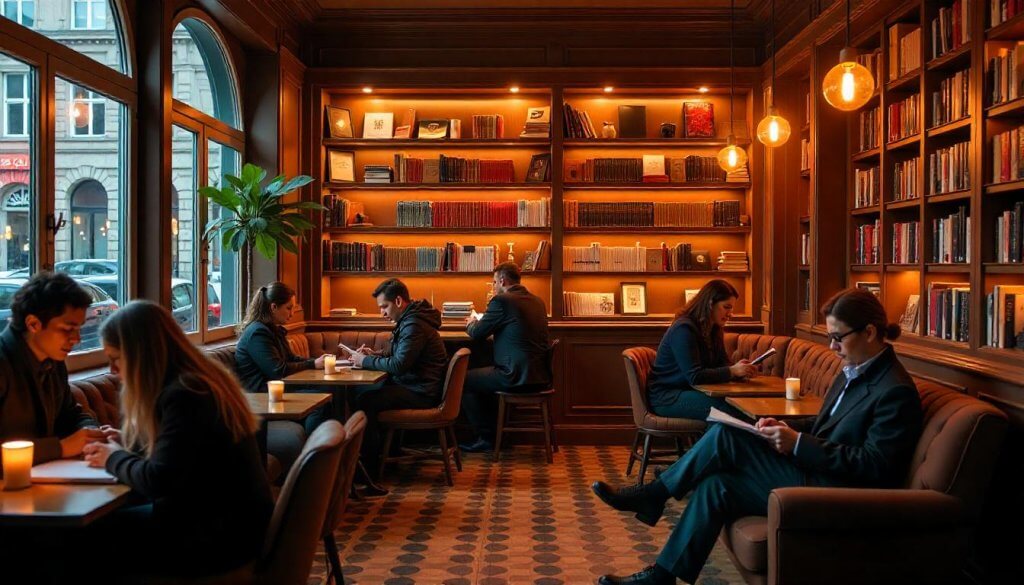 Moscow’s Literary Cafés and Bookstores">
Moscow’s Literary Cafés and Bookstores">
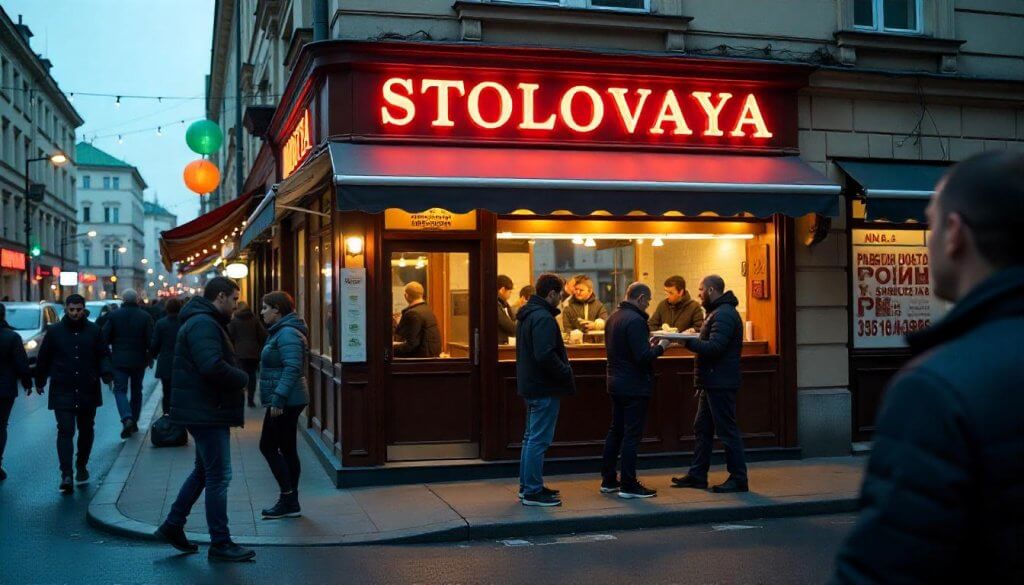 Tips for Visiting Moscow on a Budget">
Tips for Visiting Moscow on a Budget">
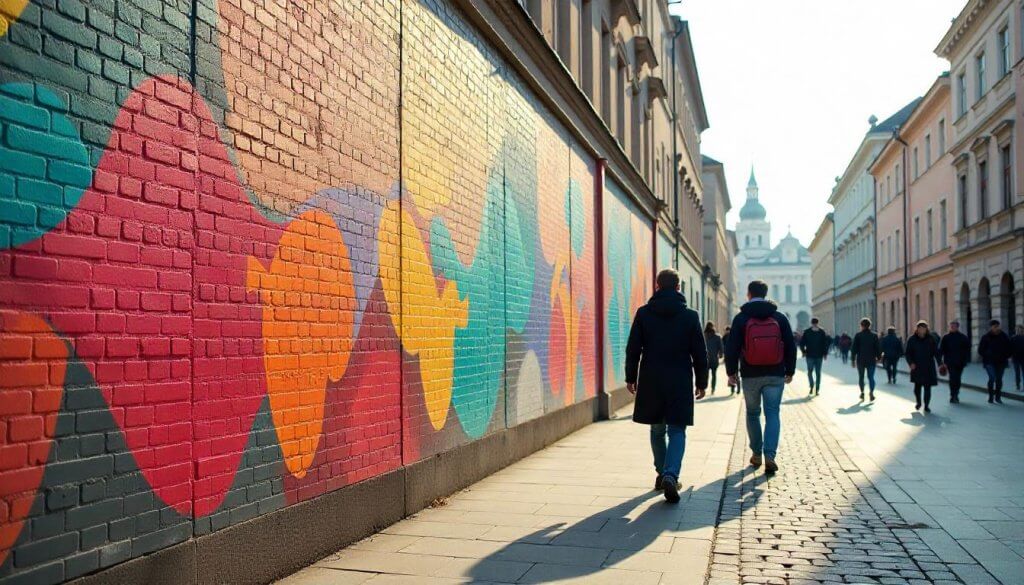 Unique Guided Tours in Moscow: From Street Art to Food Walks">
Unique Guided Tours in Moscow: From Street Art to Food Walks">
 Experiências Românticas em Moscovo para Casais em 2025">
Experiências Românticas em Moscovo para Casais em 2025">